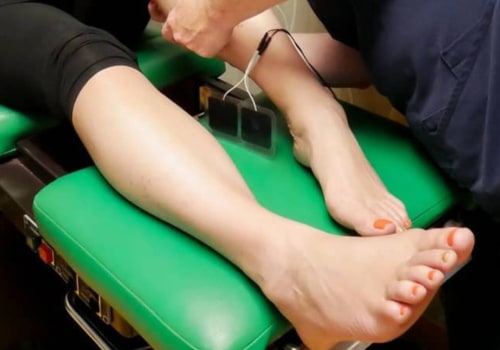To treat pain effectively, your doctor needs to know how you've been feeling between visits. Keeping a record or diary of your daily pain score will help you keep track of your pain. At the end of each day, note your pain level on the pain scale from 1 to 10. Also, write down what activities you did that day. Take this log book to every doctor visit so that you have a good understanding of how you live with chronic pain and your level of physical functioning.
Medications are very good at eliminating pain, but they often have unpleasant and even serious side effects when used for a long time. If you have back pain, fibromyalgia, arthritis, or other chronic pain that interferes with your daily life, you may be looking for a way to relieve discomfort that doesn't include medication. Some older techniques, such as meditation and yoga, as well as newer variations, can help reduce the need for pain relievers. People feel pain when a signal travels through nerve fibers to the brain for interpretation.
The experience of pain is different for everyone, and there are several ways to feel and describe pain. This variation can, in some cases, make it difficult to define and treat pain. This type of pain is usually severe and short-lived. It's the body's way of alerting a person to localized tissue injury or damage.
Treatment of the underlying injury usually resolves acute pain. Emotional and physical pain are closely related, and persistent pain can lead to increased stress levels. Learning to deal with stress in a healthy way can position you to cope more effectively with your chronic pain. Eating well, getting enough sleep, and getting approved physical activity are positive ways to manage stress and pain.
In addition to guided mindfulness interventions, you can also benefit from other forms of mental health support. Lifestyle medicine refers to addressing fundamental life habits that can help improve physical and psychological health. A wealth of research supports the lifestyle benefits of medicine.







